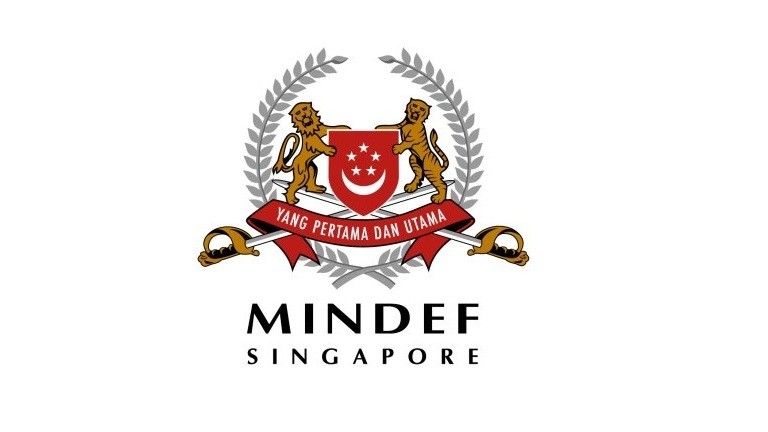Australia has become the defamation capital of the world, said New York Times in an article that highlights the sorry state of the country’s defamation laws.
Describing what it’s like to work as a journalist in Australia, author of the NYT article Louisa Lim described Australia’s defamation laws as ‘oppressive and notoriously complex’.
In a recent case, Chinese-Australia business man Chau Chak-wing was awarded nearly US$200,000 after the court found that a 2015 Sydney Morning Heral article about him was defamatory. The article alleged that Mr Chai, who is a major political donor in Australia, was involved in bribing the United Nations.
The one glaring inconsistency of law that the case highlights is that some of the most serious allegations against Mr Chai was repeated in Australian Parliament by MP Andrew Hastie. Mr Hastie’s comments were then reported in the media. Mr Hastie and the journalists who reported on the comments he made were protected under parliamentary privilege which protects them from being sued for defamation.
Unfortunately, this means that the Sydney Morning Herald was sued for defamation while everyone else was protected even though the same allegations were far wider spread the second time around. The court has also rejected the argument that the article was in public interest, with the judge saying that the conduct of Fairfax Media, owner of The Sydney Morning Herald at the time, and the journalist who wrote the article, John Garnaut were ‘unreasonable’.
This judgement is just one of many that shows how laws are impeding journalism on crucial matters of national interest. According to a survey conducted in 2018 by the Australia journalists’’ union, about 25% of respondents said they had news reports withheld from being published in the past 12 months for fear of defamation action.
Now, relating this back to Singapore, Prime Minister Lee Hsien Loong went after veteren blogger Leong Sze Hian for sharing an allegedly defamatory article from a news site in Malaysia. The article was based on content published by States Times Review (STR), a site operated out of Australia by Singaporean, Alex Tan. The article alleged that Singapore was a ‘key investigation target’ in Malaysia’s 1MDB scandal.
PM Lee filed a suit against Mr Leong who, in his defence, stated that he had removed the social media post sharing the article after receiving an order from the IMDA. Mr Leong also filed a countersuit against PM Lee for the abuse of the process of the court.
Mr Leong was one of over 20,000 people who shared that same article from the Malaysian site and many more shared the original defamatory post from STR but it was him that PM Lee went after with a defamation suit.
Given Australia’s laws on defamation, why didn’t the PM sue STR for publishing the article that presented those allegations in the first place instead of suing a random person who simply shared the article with no comment?





